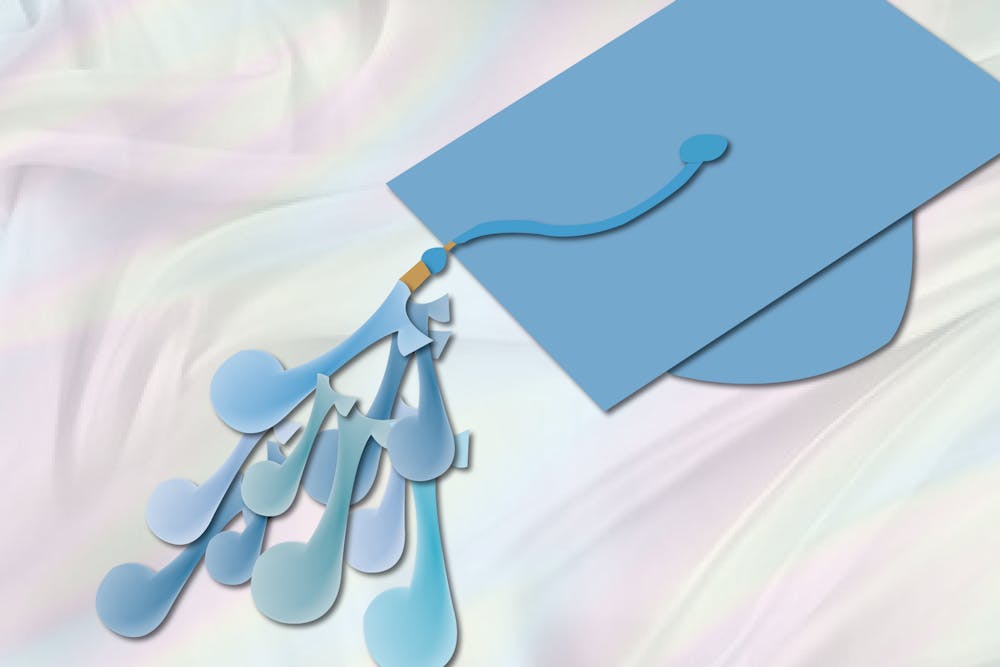It was with great joy and mild anxiety that I stepped into my Introduction to Jazz class at the beginning of my freshman year.
The professor sat at the front of the lecture hall, tapping out Duke Ellington tunes on a grand piano and welcoming those entering into the class. As a music minor, I was thrilled — and nervous. Jazz theory is undoubtedly one of the most complex musical subjects accessible to college students.
That’s why I was so surprised when over half of the room raised their hands when the professor asked how many of us were taking the class as a graduation requirement.
Content with the pre-existing notion that music was a simple field, many students from other majors had signed up solely under the impression that they could breeze through the class. Certainly they could listen to a few cool jazz playlists on Spotify, memorize a historical fact or two and pull high scores on the exams.
Much to their chagrin, as they soon discovered, musical skills and theory are not developed quickly, nor is it always a simple learning process. To succeed in the class, students required the abilities to differentiate tonal centers, identify distinctions in sound between composers, classify traits of sequential genres and understand rhythmic and harmonic theory.
When it came time for our first midterm, their attitudes were reflected in their grades. Having brushed off studying until the last moment, if at all, many fellow classmates reported back barely passing scores — low Cs and Bs on tests that were undoubtedly worse than the marks they were receiving in their STEM classes.
This is part of a bigger issue on college campuses everywhere, including UNC-Chapel Hill: the collective evaluation of any creative class as easy, unnecessary and trivial.
In academic spaces, when we think of challenging classes, we think of biology, physics, chemistry and applied math — all of which are heavily based around rigidity, rules and answers.
But music, loaded with theory, history and skill, demands that its practitioners cultivate both a logical and artistic aptitude for something that cannot be defined by a “right” or “wrong” answer. And that is certainly challenging.



